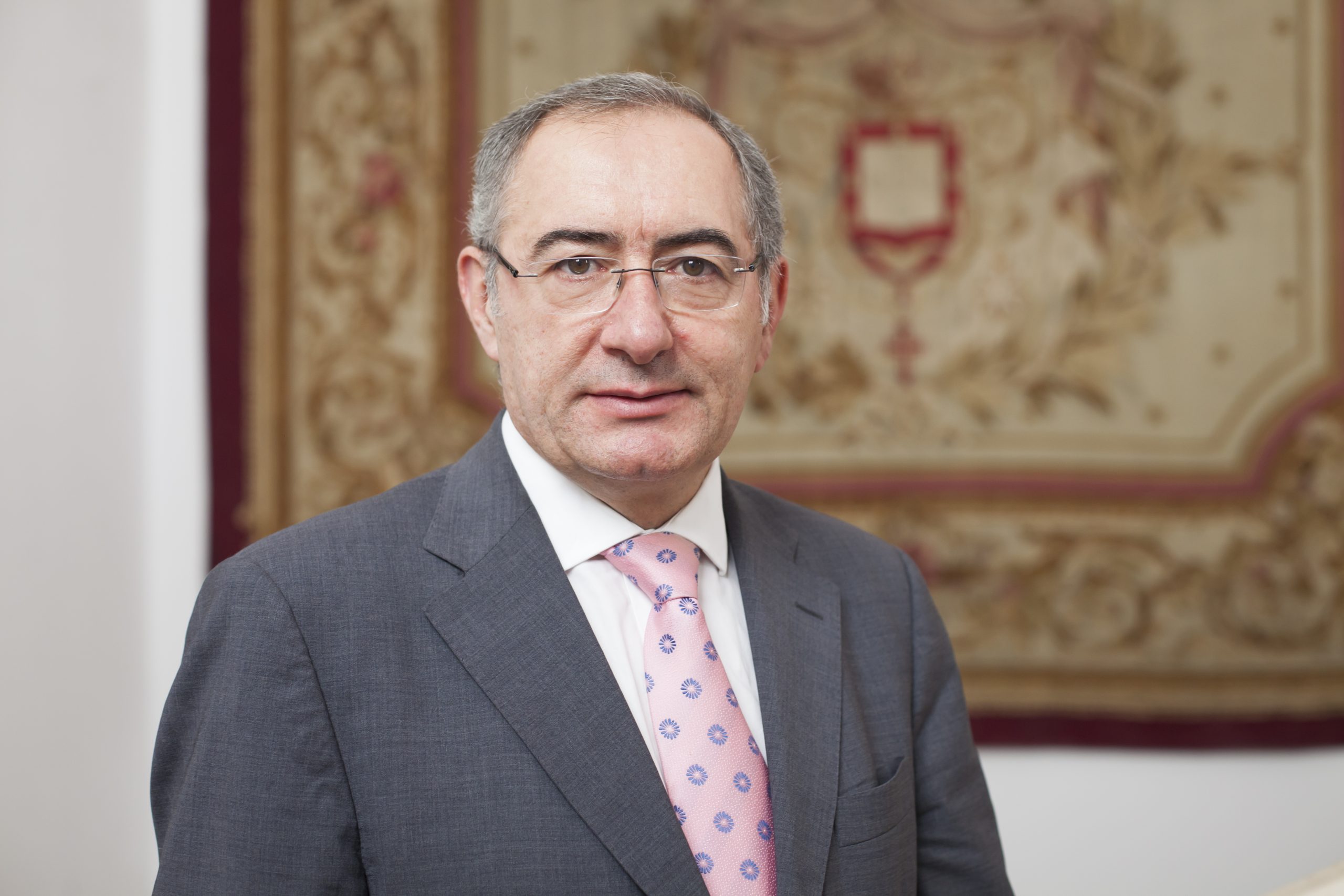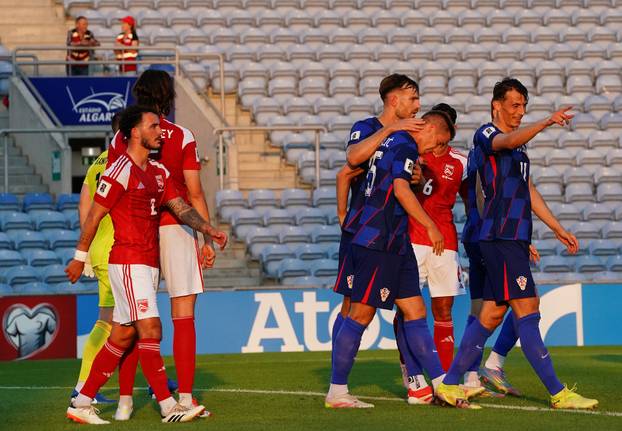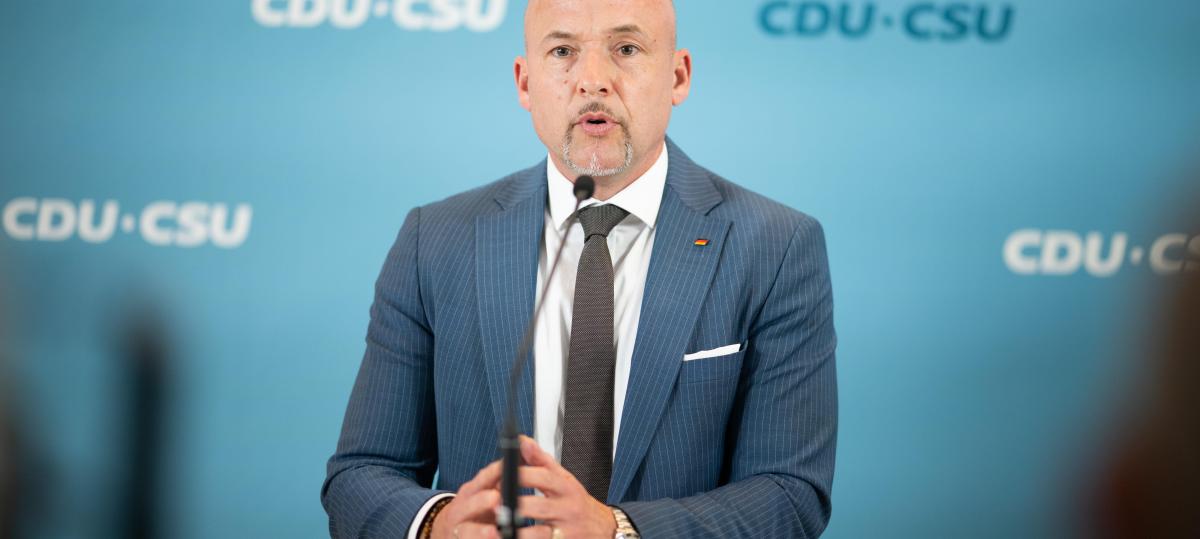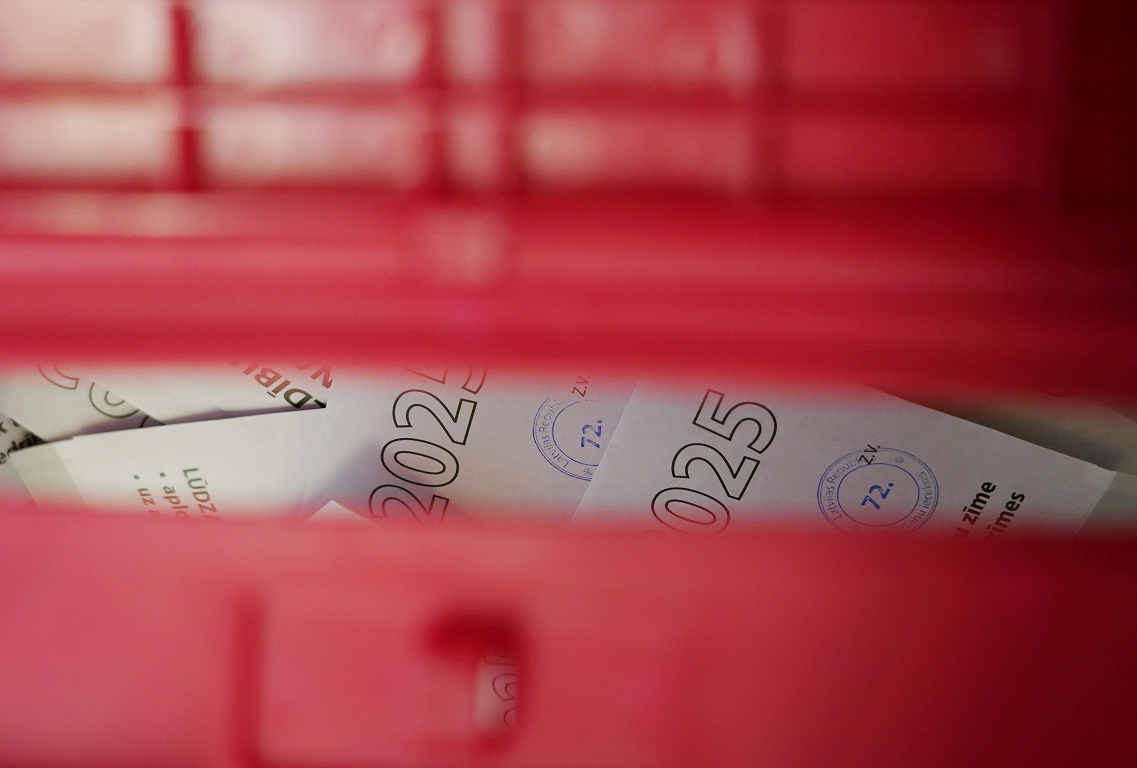In the country of oblivion Casemiro or Casimiro matters little

Lisbon, year of grace of 1892. António Maria warned readers: «At the same time that the serious press begins to cultivate humorism, António_Maria goes on to be a serious, circumspective newspaper, and to use a manga of Alpaca as an emblem». Elite feathers spread across the pages, making caricatures, blagues, cartoons, Calembours and our patriotic Chalaças: Rafael Bordalo Pinheiro, the poet Guilherme de Azevedo (who wore the pseudonym João Rialto), Ramalho Ortigão (João Ribaixo), Junqueiro War, Alfredo Morais Pinto (Pan-Arrantula), João Broa, Emílio Pimentel, Enrique Casanova, António Ramalho, Ribeiro Pinheiro, Columbano Pinheiro, Manuel Gustavo… no one to put defect, as the Brazilians say.
On September 14, Casemiro do Amaral was born, one of those illustrious strangers who pulsate to the loose through the history of Humanity. They also spelled it as_casimiro, but it has been so long that I can't find many differences between Oeeo i. That is, it is not the most important thing. Casemiro, let's call him that way because it is his name, was still a child, no longer to use tanks but certainly in shorts. Parents, tightened by the bankruptcy caused by the lack of gold that had so long had come from Brazil, saw the monarchy enter the Vascas of Agony. THE The Economist He had warned since 1880: «Europe's monetary markets are getting tired, and not without reason, the constant request by Portugal of new loans». Zé Povinho de Bordalo with his hand extended waiting for a lecas. Banco Baring Brothers bankruptcy, the main Portuguese partner at City, burst with the inevitable gold reserves that they already mean today. The Ultimatum. Portugal was not that good to live after all.
Mr. Manuel do Amaral took the family, got into steam, and crossed the Atlantic to be a grocery. It is not likely to have a mustache, but if the supralabial ornament was part of its charm, it would certainly be worth more than the apron. Unsurprisingly, his son became a soccer player. To the goal. First shy, like any boy, then decided and elastic. In 1911 he was at America Football Club, do_rio de Janeiro, a club that had been founded seventeen years earlier. A year later he went to Sao Paulo and Sport Club Germania whose name does not deceive. He had left the little imagination of a guy named Hans Nobiling, coming from Hamburg where he had played in German Germania. It was all right.
Casemiro did not last long in Germania. Its reckless style gave views, began to be coveted. Let's say, shamelessly, that your career only really began in NO_Corinthians for which it debuted with 21 years in the field of Prado da Mooca, which began to be a crackling with a lawn adapted in the center of the track. Then he played with people who marked the history of the club: Joaquim Rodrigues, Luigi Fabbi, Amílcar, Joaquim E_Campanella.
Casemiro decided to study along the way. In São Paulo. He enrolled in Mackenzie College and represented the athletic association of the institution. Always to goal, always brave, always dedicated. But the call do_corinthians had the strength of a mermaid corner. It returned. And remained there until 1920. Wonderful times for the son of mr. Amaral. The club was Paulista champion, the first rivalries that last to this day –_paulistano, _santos, Palestra Italia (now Palmeiras)-was built the first stadium, Ponte Grande, next to Ponte das Bandeiras, in Marginal Tietê. He, who is still remembered for being the first goalkeeper Do_corinthians defending a penalty, had the honor of being the only Portuguese to represent the Brazilian team, in the 1916 and 1917 South American Football Championships. He died early in Santo Anastácio, on October 8, 1939. He was 47, was buried as a probo man. He missed him. In Brazil they remember it. Portugal forgot it because it suffers a lot of this disease of oblivion. Casemiro or_casimiro, it matters little.








